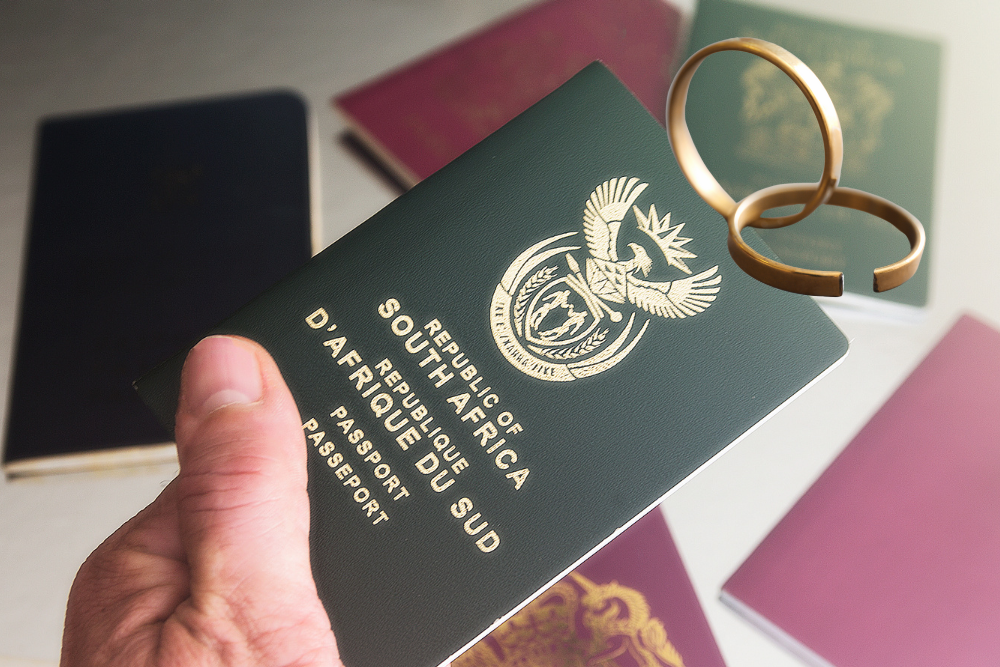“Naeema and Rasheed were married in terms of Sharia Law on the 06th of December 2018. After a few years of marriage, it was clear to Naeema that Rasheed was abusive and was controlling their finances completely. Naeema decided to get legal advice and was incorrectly advised that Muslim Marriages are currently not recognized in South Africa, and therefore, she will not be able to get divorced in our Courts. Naeema was sure that she had read somewhere that she could get divorced in South African if she has been married in terms of Sharia Law.”
In South Africa, marriages and unions are governed by Civil Law. This means that when a party seeks to get married or form a union, this will be dealt with in terms of either the Marriage Act, 25 of 1961 or the Civil Union Act, 17 of 2006 and if the parties are seeking to get divorced it will be dealt with by the Divorce Act, 70 of 1979.
As it currently stands there has not been any statutory laws passed which protects parties that are in a Muslim marriage. Muslim marriages have been a point of contention in South Africa law for a few years now, and since no statutory laws have been passed, South Africans must rely on the various case laws which set the precedent on how Muslim marriages are to be dealt with.
In 2018 the Western Cape High Court indicated that the Marriage Act and the Divorce Act are inconsistent with the constitution of the Republic of South Africa as it failed to recognise marriages solemnised in terms of Sharia Law as valid marriages. The President and the cabinet were afforded 24 months to remedy the said Acts. Unfortunately, the President and Cabinet did not act accordingly, and no statutory laws were passed during the said time periods.
However, on 18 December 2020, a Judgment was handed down by the Supreme Court of Appeal, in the matter of President of the RSA and Another v Women’s Legal Centre Trust and Others; Minister of Justice and Constitutional Development v Faro and Others; and Minister of Justice and Constitutional Development v Esau and Others (Case no 612/19).
This matter afforded Muslim Marriages interim recognition. The effect of this Judgment is that any party married in terms of Sharia law can get divorced in terms of the Divorce Act, 70 of 1979.
In short, this case confirmed the following:
- Unions validly concluded in terms of Sharia Law may be dissolved in terms of the Divorce Act pending the outcome of suitable legislation. This means that any party may approach the High Court to dissolve a marriage concluded in terms of Sharia Law.
- In order to approach the High Court on this basis, the marriage in terms of the Sharia Law had to subsist at the date which the order was granted or where it was already terminated in terms of Sharia Law, but proceedings have already been instituted.
- Such unions shall be deemed to be out of community of property unless an agreement was concluded to the contrary.
In conclusion, should Naeema want to get divorced from Rasheed, she can accordingly approach the High Court by way of instituting divorce proceedings against Rasheed on the strength of the Divorce Act.
If you would like to have a bit more information on divorces and Sharia Law, contact one of our experienced divorce attorneys












